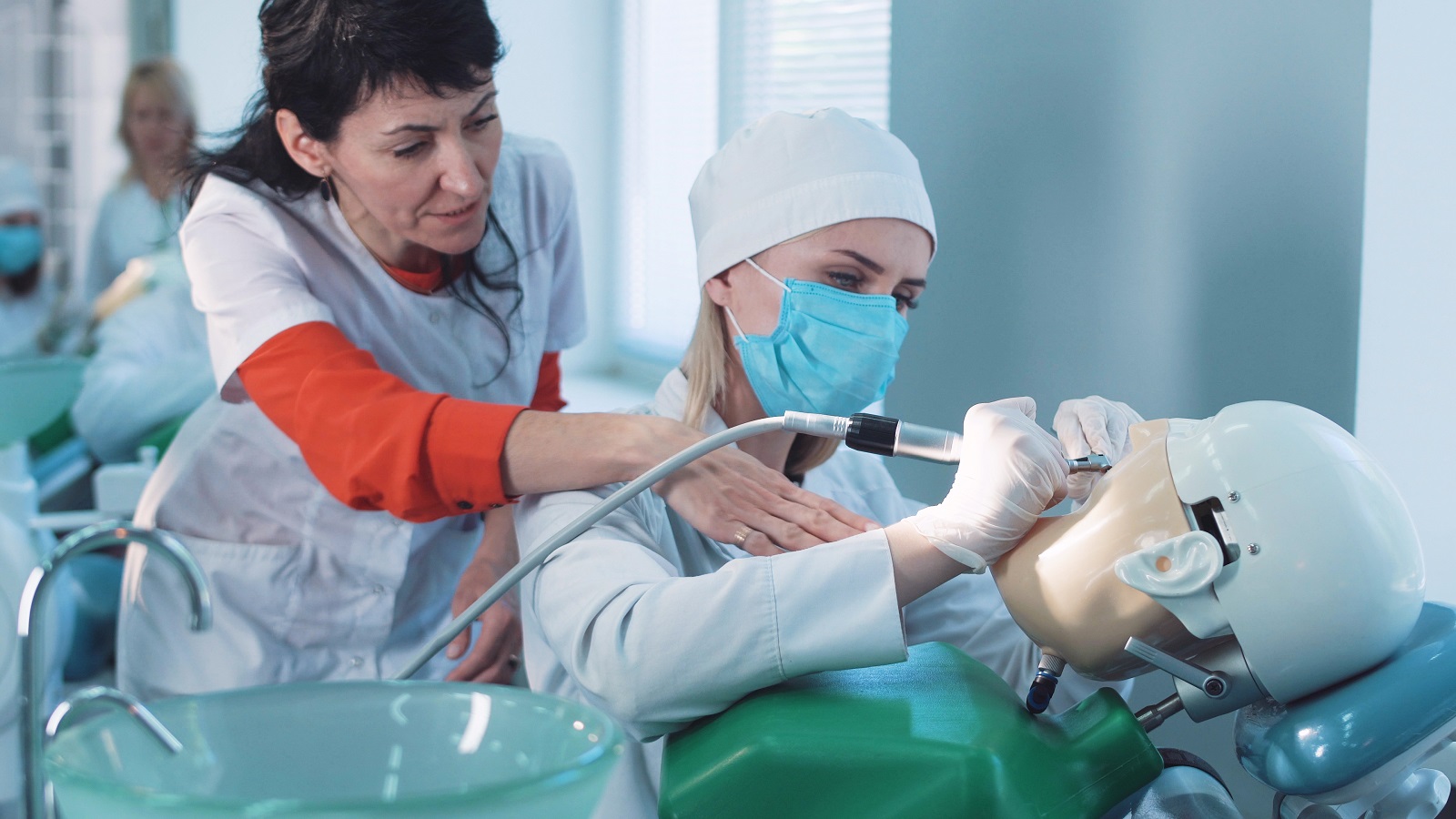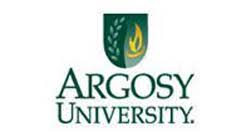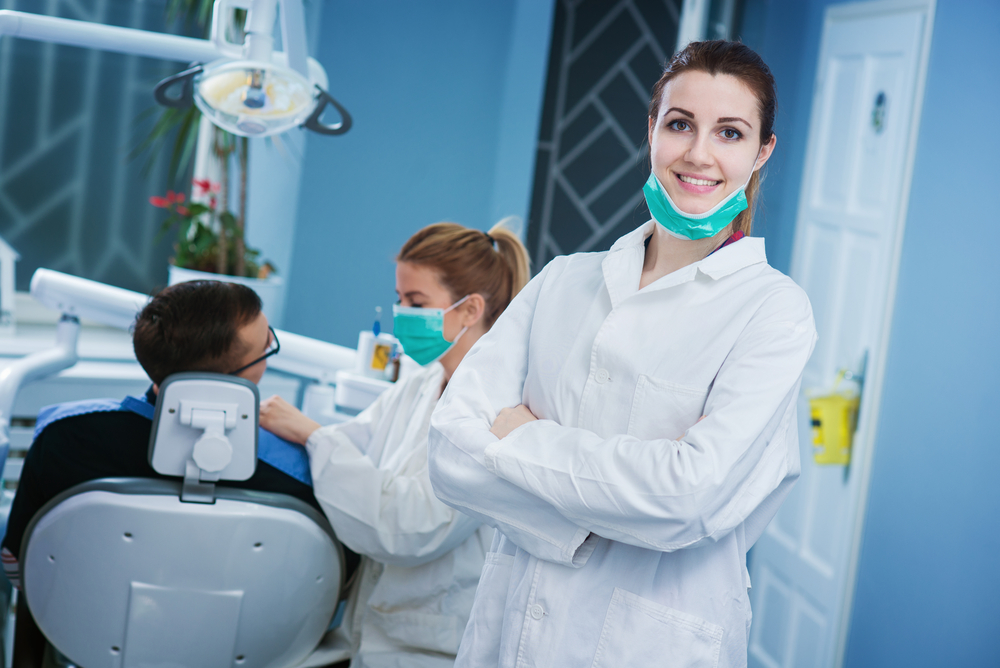How Easy is It to Get Into the Dental Hygiene Program in Middlesex Community Collee
Becoming a Registered Dental Hygienist (RDH) or "hygienist" follows a similar schooling and career path of becoming a Registered Nurse (RN). Simply put, you can become a licensed dental hygienist by attending either 2 or 4-year dental hygiene programs to receive your degree. Dental hygiene schooling allows you to receive an associate's or bachelor's degree, depending on which college or university you attend.
All accredited dental hygiene programs allow graduates to sit for the same state and national boards to become licensed in their respective state. It does not matter which type of hygiene program you attend when it comes to practicing dental hygiene or the level of pay that you receive. However, some individuals prefer a 4-year degree or plan to work toward a master's degree. If you have goals of working in academia, public health, or research, a bachelor's degree is typically required. Private practice dental hygienists can hold either type of degree, as long as they maintain regular licensure.
Types Of Dental Hygiene Schools

The American Dental Hygienist's Association (ADHA) maintains an updated list of every accredited dental hygiene program in the country. Most schools have a highly competitive admission process. Depending on the type of college or university that you'd like to attend, it can be helpful to apply to more than one program to see which ones you're admitted to. The higher your GPA and number of foundational science courses that you've completed can make your application more competitive. Once admitted, the hygiene coursework typically requires four semesters (or two traditional school years) to complete, not including your prerequisite courses. Being familiar with the different types of hygiene programs can help you know where to begin your application process.
1) Community Colleges
Junior college dental hygiene programs are completed at a 2-year school. Graduates typically receive an Associate of Applied Science (AAS) degree. However, several prerequisite science courses are required prior to admission, so it's common to still spend at least three years in college. Other programs allow you to complete some of the sciences throughout the duration of your dental hygiene schooling, as long as the majority of prerequisites are completed prior to admission. 2-year hygiene degrees allow graduates to sit for the same board exams as students who attended a 4-year school and typically earn the same level of pay.

Will you like to have access to or know about Masters in Marine Biology in Germany ,best marine biology universities in Europe, or marine biology masters Europe? Get ready! Here at collegelearners.com you can find out more about Masters in Marine Biology in Germany. Check collegelearners.com for answers and you can get the knowledge you so rightfully deserve.
The requirements for getting into a dental school can be exhausting to meet up with, and the acceptance rate is mostly low. If you are looking for a dental school with a high acceptance rate, then, this compilation of the easiest dental schools to get into in 2020 is for you.
University of Wyoming

Acceptance rate: 95.7 %
Address: 1000 E University Ave, Laramie, WY 82071
The University of Wyoming is a land-grant University located in Laramie, Wyoming. The University was established way back in 1886, and it welcomes over fourteen thousand students each year to its beautiful campus. And of course, the rate of acceptance is phenomenal, beyond 95%. So, if you are serious about your degree in dental hygiene then go ahead and apply.
Argosy University-Twin Cities

Acceptance rate: 96.6 %
Address: 1515 Central Pkwy, Eagan, MN 55121
The University boasts a massive campus with a very friendly and helpful support staff. Many programs also offer flexible learning formats for the convenience of the students. The university boasts a campus of ninety thousand square feet, and the acceptance rate pretty much ensures that you will get in if you apply.
Herzing University-Minneapolis

Acceptance rate: 92.7 %
Address: 5700 W Broadway Ave, Minneapolis, MN 55428
As you can see, it has the lowest rate of acceptance on our entire list, which is 97.2 % a very high figure in itself. On top of that, the university is well equipped in terms of facilities for the students. After you enroll, you will have access to a 25,000 sq ft of state-of-the-art classroom and lab training space, along with other top notch educational facilities.
Western Kentucky University

Acceptance rate: 92.7 %
Address: 1906 College Heights Blvd, Bowling Green, KY 42101
We are continuing our list of easiest dental hygiene programs in America with Western Kentucky University that shares the rate of acceptance with our previous entrant at 97.2 percent. The university is primarily geared toward foreign students, but due to its attractive tuition structure and high rate of acceptance, many American students study there as well. According to the website of WKU, "WKU has been recognized as one of the nation's most beautiful campuses." If you would want to live on a beautiful campus, then there is that as well.
Missouri Southern State University
Acceptance rate: 94.1 %
Address: 3950 Newman Rd, Joplin, MO 64801
Wichita State University

Acceptance rate: 94.7 %
Address: 1845 Fairmount St, Wichita, KS 67260
It is said to be the third largest university to be governed by the Kansas Board of Regents. You know how public state universities go, so this is a good option for you where you price wise (if you are a resident) and you can expect to get in very easily. We highly recommend this university based on its rate of acceptance.
Easiest Dental Hygiene Programs To Get Into

easiest-dental-hygiene-programs-to-get-into
Dental Hygiene Schooling, Programs & Requirements
Becoming a Registered Dental Hygienist (RDH) or "hygienist" follows a similar schooling and career path of becoming a Registered Nurse (RN). Simply put, you can become a licensed dental hygienist by attending either 2 or 4-year dental hygiene programs to receive your degree. Dental hygiene schooling allows you to receive an associate's or bachelor's degree, depending on which college or university you attend.
All accredited dental hygiene programs allow graduates to sit for the same state and national boards to become licensed in their respective state. It does not matter which type of hygiene program you attend when it comes to practicing dental hygiene or the level of pay that you receive. However, some individuals prefer a 4-year degree or plan to work toward a master's degree. If you have goals of working in academia, public health, or research, a bachelor's degree is typically required. Private practice dental hygienists can hold either type of degree, as long as they maintain regular licensure.
Types Of Dental Hygiene Schools

The American Dental Hygienist's Association (ADHA) maintains an updated list of every accredited dental hygiene program in the country. Most schools have a highly competitive admission process. Depending on the type of college or university that you'd like to attend, it can be helpful to apply to more than one program to see which ones you're admitted to. The higher your GPA and number of foundational science courses that you've completed can make your application more competitive. Once admitted, the hygiene coursework typically requires four semesters (or two traditional school years) to complete, not including your prerequisite courses. Being familiar with the different types of hygiene programs can help you know where to begin your application process.
1) Community Colleges
Junior college dental hygiene programs are completed at a 2-year school. Graduates typically receive an Associate of Applied Science (AAS) degree. However, several prerequisite science courses are required prior to admission, so it's common to still spend at least three years in college. Other programs allow you to complete some of the sciences throughout the duration of your dental hygiene schooling, as long as the majority of prerequisites are completed prior to admission. 2-year hygiene degrees allow graduates to sit for the same board exams as students who attended a 4-year school and typically earn the same level of pay.
2) Universities
Dental hygiene schooling that's completed at a 4-year university allows dental hygienists to receive a Bachelor of Science (BS) degree straight out of the gate. That way there's more flexibility when it comes to working outside of traditional clinical practice or later return for a master's degree. Keep in mind, dental hygiene programs that award a 4-year degree still consist of the same types of hygiene courses when it comes to clinicals and lectures. The biggest difference is that additional core requirements are met for a broader educational foundation.

3) Online Schools
If you're a licensed dental hygienist who wants to pursue a degree completion program (such as associate's to bachelor's) or receive a master's degree in dental hygiene, you can usually elect to complete your coursework entirely – or at least mostly – in an online format. The ADHA maintains an up-to-date list of existing and new online dental hygiene programs that are accredited. The good thing about online studies is that you can receive your degree from a university even if you do not live nearby. Depending on how quickly you want to complete your higher level degree, you may be able to take one course at a time or a full load. Typical completion takes an average of 1-2 years, depending on how many classes are required.
4) Other (Accelerated, Degree Completion, Etc.)
If you see a school that's advertised as an "accelerated" dental hygiene program, it typically means they condense the traditional courses into longer days/shorter terms or summer classes. A fast-track dental hygiene program may only take 17-18 months to complete, as opposed to 24 months. Some universities offer special dental hygiene programs for hygienists who want to complete their degree (bridging an associate's into a bachelor's) or have been outside of practice and want to re-hone their clinical skills. Such re-entry programs are typically tailored to the hygienist, based on how long they've been out of practice or what they feel they need to brush up on.
Find A Program Near You
Program Must-Haves
First things first, you need to make sure the program is accredited by the Commission on Dental Accreditation (CODA). That way you'll be cleared to apply for and take your state/national board exams. Again, the ADHA keeps a list of all programs and their accreditation status if you're uncertain as to which one you ought to choose.
Accredited hygiene programs will traditionally last two years, regardless of whether they're at a community college or university. Throughout the program, you will be required to complete a specific number of hands-on patient care hours and lecture courses.
Keep in mind that if you plan to work anywhere as a hygienist other than traditional clinical hygiene, you will likely need a bachelor's degree. If traditional hygiene in a dental practice is your only goal, then an associate's degree is fine.
Source: https://collegelearners.com/easiest-dental-hygiene-programs-to-get-into/
0 Response to "How Easy is It to Get Into the Dental Hygiene Program in Middlesex Community Collee"
Post a Comment